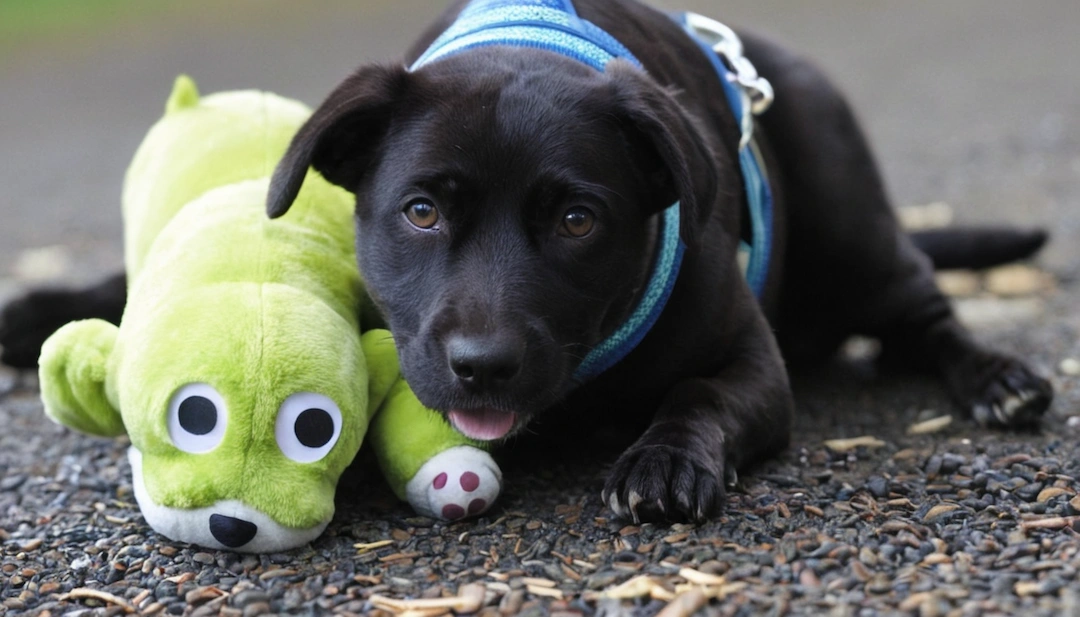
Top 5 Essential Tips for New Pet Parents
Send enquiry
Top 5 Essential Tips for New Pet Parents
Becoming a pet parent for the first time is an exciting and rewarding experience, but it also comes with its share of responsibilities. Here are five crucial tips to ensure your new furry friend feels at home and stays healthy.
Prepare Your Home for Your New Pet
Creating a safe and welcoming environment is the first step in pet ownership. Pet-proof your home by removing potential hazards like toxic plants, small objects that could be swallowed, and secure electrical cords. Designate a specific area for your pet, complete with a comfortable bed, toys, and a feeding station. This setup will help your pet adjust more quickly to their new surroundings.
Socialize Your Pet Gradually
Socialization is key to a well-adjusted pet. Introduce your pet to various environments, people, and other animals gradually. This process helps build their confidence and reduces anxiety. Take your time with these introductions to ensure positive experiences, which can prevent behavioral issues in the future.
Establish a Regular Grooming Routine
Regular grooming is essential for your pet's health and hygiene. Brush your pet’s fur to remove loose hairs and prevent matting. Trim their nails regularly to avoid overgrowth and associated discomfort. Dental hygiene is equally important; brush your pet’s teeth and provide dental chews to maintain oral health. Consistent grooming helps you spot any health issues early on, such as skin conditions or parasites.
Ensure Proper Identification
Keeping your pet safe includes ensuring they have proper identification. Equip your pet with a collar and ID tag that includes your contact information. For additional security, consider microchipping your pet. Microchips provide a permanent form of identification that can help reunite you with your pet if they ever get lost.
Show Love and Patience
Bonding with your pet through love and patience is crucial. Spend quality time with your pet through play, cuddling, and positive interactions. Be patient as your pet adjusts to their new home and routine, especially if they come from a different environment or have a history of trauma. Positive reinforcement, consistency, and understanding will help build a strong, trusting relationship.
By following these tips, you can ensure a smooth transition for your new pet into your home, fostering a healthy and happy environment for both of you.
Frequently Asked Questions(FAQ)
Question : How can I ensure my pet is happy and stimulated?
Ensuring your pet is happy and stimulated involves providing physical exercise, mental stimulation, and social interaction. Regular physical activity is essential for your pet's health and happiness. Depending on the pet, this could include daily walks, playtime, or activities like agility training.
Mental stimulation is equally important. Provide toys, puzzles, and interactive games that challenge your pet's mind and keep them engaged. Rotate toys regularly to keep their interest and prevent boredom.
Social interaction is vital for your pet's emotional well-being. Spend quality time with your pet each day, engaging in activities they enjoy. If appropriate, arrange playdates with other pets or take them to pet-friendly places to enhance their social experiences.
Key Points:
- Provide regular physical exercise.
- Offer mental stimulation through toys and games.
- Ensure ample social interaction and quality time.
Question : How can I train my new pet effectively?
Effective training for your new pet involves consistency, patience, and positive reinforcement. Begin training as soon as your pet arrives home. Start with basic commands like sit, stay, and come, using short, frequent training sessions to keep your pet engaged.
Consistency is key. Use the same commands and rewards every time, and ensure all family members follow the same training methods to avoid confusing your pet. Be patient, as training takes time and each pet learns at their own pace.
Positive reinforcement is the most effective training method. Reward your pet with treats, praise, and playtime when they obey commands and display good behavior. Avoid punishment, as it can lead to fear and anxiety, making training more difficult.
Key Points:
- Start training immediately with basic commands.
- Maintain consistency in training methods.
- Use positive reinforcement to encourage good behavior.
Question : What are the basic health care needs for a new pet?
Basic health care for a new pet includes regular veterinary visits, a balanced diet, and proper grooming. Schedule an initial vet visit to ensure your pet is healthy and to establish a vaccination and preventive care plan. Regular check-ups are essential for monitoring your pet's health and catching any issues early.
Provide a balanced diet suitable for your pet's age, size, and breed. Consult your vet for recommendations on the best type of food and feeding schedule. Proper nutrition is vital for your pet's overall well-being and longevity.
Grooming is also crucial. Regular brushing, bathing, and nail trimming help maintain your pet's hygiene and prevent health issues like skin infections and dental problems. Establish a grooming routine that suits your pet's needs and stick to it consistently.
Key Points:
- Schedule regular veterinary visits.
- Provide a balanced diet.
- Maintain a consistent grooming routine.
Question : How can I help my new pet adjust to their new home?
Helping your new pet adjust to their new home involves patience and consistency. Start by giving your pet a quiet, safe space where they can retreat and feel secure. This helps reduce stress and gives them a sense of ownership.
Introduce your pet to the household gradually. Allow them to explore their new environment at their own pace and keep interactions with other pets and family members calm and positive. Establish a routine for feeding, exercise, and playtime to help them feel more secure and settled.
Additionally, use positive reinforcement to build trust and encourage good behavior. Reward your pet with treats, praise, and affection when they display calm and appropriate behavior. This will help them associate their new home with positive experiences.
Key Points:
- Provide a quiet, safe space for your pet.
- Introduce them to the household gradually.
- Use positive reinforcement to encourage good behavior.
Share this post
What service do you need? Petsfeet will help you

#10 Business Directory and Service Provider
Petsfeet provided free online business listing services and a new way to brand yourself on the internet. Add your business with petsfeet to reach out of millions of people by connecting with new customers.
Copyright © 2021 . Proudly powered by petsfeet.com











